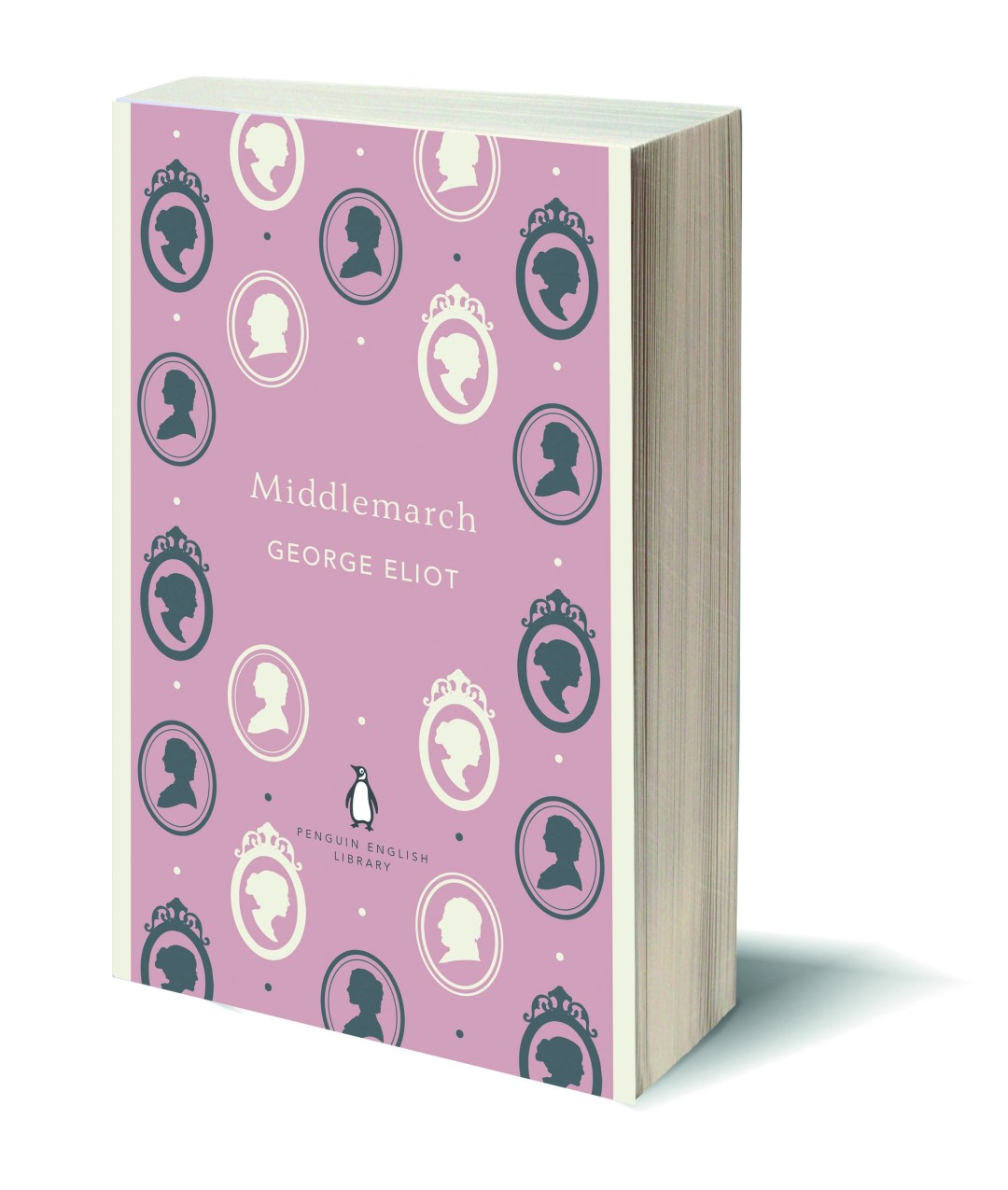The Book That Made Me: Middlemarch
Author Sarah Moss shares why Middlemarch had such an influence on her

Everything I’ve read shapes me, but if I have to choose one, it’s George Eliot’s Middlemarch. I read it for the first time at about 15, eager for serious writing. Many 19th-century novels are about teenage girls, being essentially romances that end with marriage, and I approached Middlemarch with that expectation.
At first I seemed to be right; we meet Celia and Dorothea Brooke sharing out their dead mother’s jewellery and about to embark on the adventures of courtship. Being bookish, I was able to identify with serious Dorothea rather than pretty Celia, and I understood that her marriage to the elderly and desiccated Casaubon wasn’t meant to be the happy ending (too early in the book, apart from anything else). And then I turned a page and met: “Dorothea – but why always Dorothea? Was her point of view the only possible one with regard to this marriage?”
Oh. Other points of view. Elderly and desiccated men are also human. Really? Virginia Woolf called Middlemarch “one of the few English novels written for grown-up people”. It broke the narcissism of adolescence for me.
Author Sarah Moss was recently shortlisted for the Wellcome Prize for her novel Bodies Of Light. Signs For Lost Children, Sarah’s next novel, will be published by Granta in July









